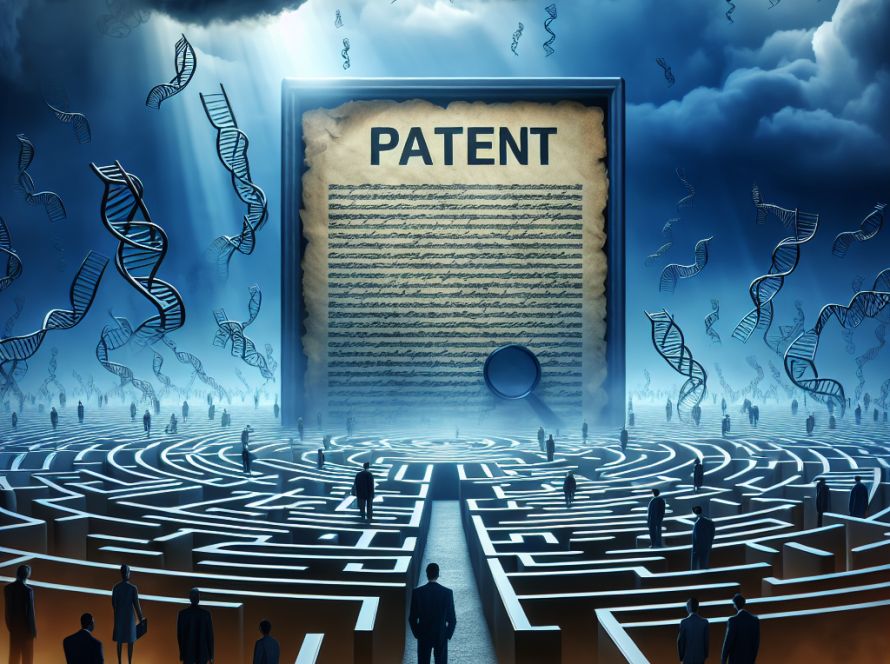Machine Learning Operations, commonly referred to as MLOps, involves a set of best practices to facilitate effective communication and collaboration during the life cycle of a machine learning project. If you are interested in learning this crucial skill, here are some of the top MLOps books to read in 2024:
1. “Machine Learning Design Patterns” provides solutions to some of the most commonly occurring problems in machine learning.
2. “Introducing MLOps” is a book that demystifies the fundamentals of MLOps, enabling data scientists to operationalize machine learning models effectively.
3. “Designing Machine Learning Systems” offers valuable insights on using case studies to design reliable and scalable machine-learning systems.
4. “Machine Learning Engineering” details best practices in machine learning engineering and design patterns, with emphasis on building and deploying ML solutions.
5. “Machine Learning Engineering with Python” features a practical guide to building scalable solutions, employing Python programming language as a tool to address real-world problems.
6. “Reliable Machine Learning” presents a guide on how to run and establish machine learning models effectively.
7. “Building Machine Learning Pipelines” is an excellent instruction manual for automating model life cycles using TensorFlow.
8. “Practical MLOps” sheds light on the construction and maintenance of production-grade machine learning systems.
9. “Machine Learning in Production” offers a comprehensive guide to managing the lifecycle of a machine learning project.
10. “Implementing MLOps in the Enterprise” helps organizations navigate the difficulties of transferring ML models to production.
11. “Engineering MLOps” aids readers in gaining a broader understanding of MLOps, with emphasis on building and managing scalable ML life cycles.
12. “Managing Data Science,” targeting managers, aims to make them more conversant about various data science concepts and methodologies.
13. “Machine Learning Engineering in Action” provides a hands-on approach to developing scalable and secure ML models.
14. “Building Machine Learning Powered Applications: Going from Idea to Product” maps out the necessary skills for designing, building, and deploying ML-driven applications.
15. “Machine Learning Engineering on AWS” is a guide focused on the AWS services that can aid in the creation of scalable, secure ML systems.
16. “Data Science Solutions on Azure” gives readers an in-depth understanding of the ML life cycle and effectively deploying workloads on Azure.
17. “Continuous Machine Learning with Kubeflow” provides insights on deploying ML pipelines using Docker and Kubernetes.
In addition to these, if you have other possible recommendations, kindly reach out through the provided email address. These books will undoubtedly aid your MLOps learning journey and help you accelerate your plans to build and deploy effective machine learning models.


